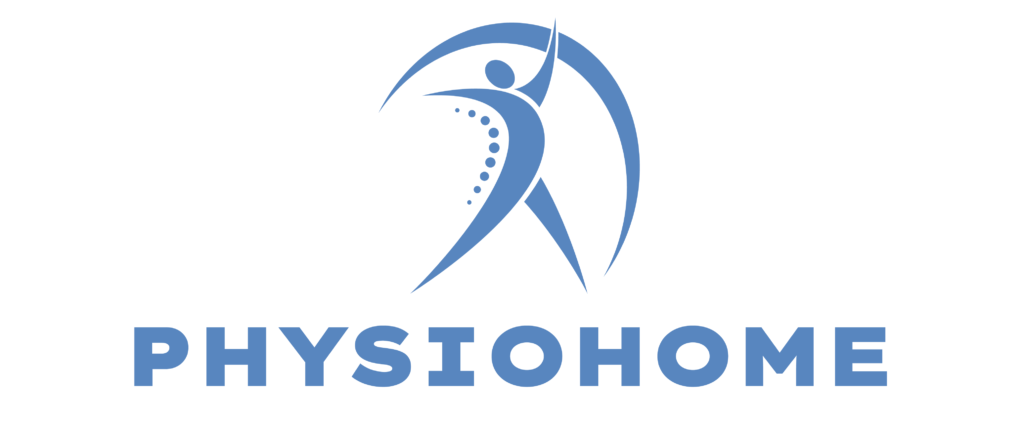Work-related injuries can occur in any industry, from offices to construction sites, and they can have far-reaching consequences if not addressed promptly. The significance of immediate treatment cannot be overstated, as it not only ensures the well-being of the injured employee but also mitigates potential long-term effects on both their health and the productivity of the workplace. In this blog post, we delve into the importance of prompt work injury treatment, exploring the various reasons why swift action is crucial in such scenarios. From reducing the severity of injuries to preventing complications and facilitating a quicker return to work, timely treatment plays a pivotal role in safeguarding the overall health and safety of employees. Moreover, it underscores the employer’s commitment to prioritizing the welfare of their workforce, fostering a culture of care and responsibility within the organization. Join us as we unravel the manifold benefits of addressing work-related injuries without delay, and discover why swift intervention is key to maintaining a thriving and resilient workforce.
Preventing Long-Term Consequences: The Role of Prompt Work Injury Treatment
Work-related injuries can have lasting consequences if not addressed promptly. From minor sprains to more severe trauma, the way we respond to these injuries can significantly impact our long-term health and well-being. In this article, we’ll explore the importance of seeking prompt treatment for work-related injuries and how it can help prevent potentially serious long-term consequences.

Immediate Assessment
When you sustain a work-related injury, it’s crucial to seek immediate assessment from a healthcare professional. Even seemingly minor injuries can have underlying complications that may worsen over time if left untreated. Prompt assessment allows for early detection and intervention, reducing the risk of long-term consequences.
Preventing Chronic Conditions
Many work-related injuries have the potential to develop into chronic conditions if not treated promptly. For example, a simple back strain from lifting heavy objects at work can progress into chronic back pain if not addressed early on. By seeking prompt treatment, individuals can prevent these injuries from becoming long-term issues that affect their quality of life.
Minimizing Secondary Complications
Delayed treatment of work-related injuries can increase the likelihood of secondary complications such as infections or nerve damage. Prompt medical attention can help minimize these risks by addressing the injury and any associated issues before they escalate. This proactive approach reduces the likelihood of additional health problems down the line.
Faster Recovery
One of the primary benefits of prompt work injury treatment is a faster recovery time. Early intervention allows for timely management of the injury, which can expedite the healing process and enable individuals to return to work and daily activities sooner. By prioritizing prompt treatment, individuals can minimize downtime and resume their normal routines more quickly.
Preserving Work Capacity
Work-related injuries can impair an individual’s ability to perform their job duties effectively. Prompt treatment helps preserve work capacity by addressing the injury early and implementing appropriate rehabilitation strategies. This proactive approach not only promotes faster recovery but also reduces the risk of long-term disability and loss of income.
The Importance of Professional Help for Work Injuries
Seeking professional help for work-related injuries is crucial for ensuring proper diagnosis, treatment, and rehabilitation. In this article, we’ll highlight key reasons why turning to healthcare professionals is essential when dealing with workplace injuries.
- Accurate Diagnosis: Healthcare professionals have the expertise to accurately diagnose work-related injuries, distinguishing between minor sprains and more serious conditions. This ensures appropriate treatment and prevents potential complications.
- Tailored Treatment Plans: Professionals develop personalized treatment plans based on the nature and severity of the injury, optimizing recovery outcomes. These plans may include medication, physical therapy, or surgical intervention when necessary.
- Prevention of Long-Term Complications: Timely intervention by professionals helps prevent work injuries from evolving into chronic conditions or causing secondary complications like infections or nerve damage.
- Access to Specialized Care: Healthcare professionals can refer patients to specialists such as orthopedists, physical therapists, or occupational therapists for specialized care, ensuring comprehensive treatment and rehabilitation.
Taking Control of Your Recovery: The Empowerment of Prompt Work Injury Treatment
Suffering a work-related injury can be a disempowering experience, leaving individuals feeling vulnerable and uncertain about their future. However, by embracing prompt treatment, individuals can reclaim a sense of control over their recovery journey. In this article, we’ll explore how seeking immediate treatment for work-related injuries empowers individuals to take control of their health, well-being, and ultimately, their recovery.
Empowering Decision-Making
Prompt treatment for work-related injuries puts individuals in the driver’s seat of their recovery journey. By seeking immediate assessment and intervention, individuals can make informed decisions about their treatment options and take proactive steps towards healing.
Active Participation
Taking control of your recovery means actively participating in your treatment plan. From attending physical therapy sessions to following prescribed exercises and medication regimens, prompt treatment empowers individuals to play an active role in their rehabilitation process, leading to better outcomes.
Setting Goals and Milestones
Prompt treatment allows individuals to set realistic goals and milestones for their recovery. Whether it’s returning to work, regaining mobility, or reducing pain, seeking immediate intervention enables individuals to establish clear objectives and track their progress along the way, fostering a sense of accomplishment and empowerment.
Access to Resources and Support
Seeking prompt treatment connects individuals with valuable resources and support networks that can aid in their recovery. From healthcare professionals to rehabilitation specialists and support groups, individuals have access to the guidance and assistance they need to navigate their recovery journey with confidence.
Addressing Mental Health Needs
Work-related injuries not only impact physical health but can also take a toll on mental and emotional well-being. Prompt treatment allows individuals to address their mental health needs early on, whether it’s coping with pain, managing stress, or overcoming anxiety about the future, empowering them to prioritize their overall well-being.
Conclusion
The significance of prompt work injury treatment cannot be overstated. From minimizing long-term complications to ensuring a swift return to productivity, timely intervention plays a pivotal role in the recovery process. By prioritizing immediate care and seeking professional assistance, individuals not only safeguard their health but also contribute to a safer and more efficient work environment. Remember, early action can make all the difference in preventing small injuries from snowballing into major setbacks.
If you have any questions or would like to schedule an appointment for work injury treatment, don’t hesitate to contact us at Physiohome. Located in Ras Al Khaimah, United Arab Emirates, our team of experienced professionals is dedicated to providing top-notch care tailored to your needs. Reach out to us at +971 52 730 9683, and let’s work together towards your recovery and well-being.

